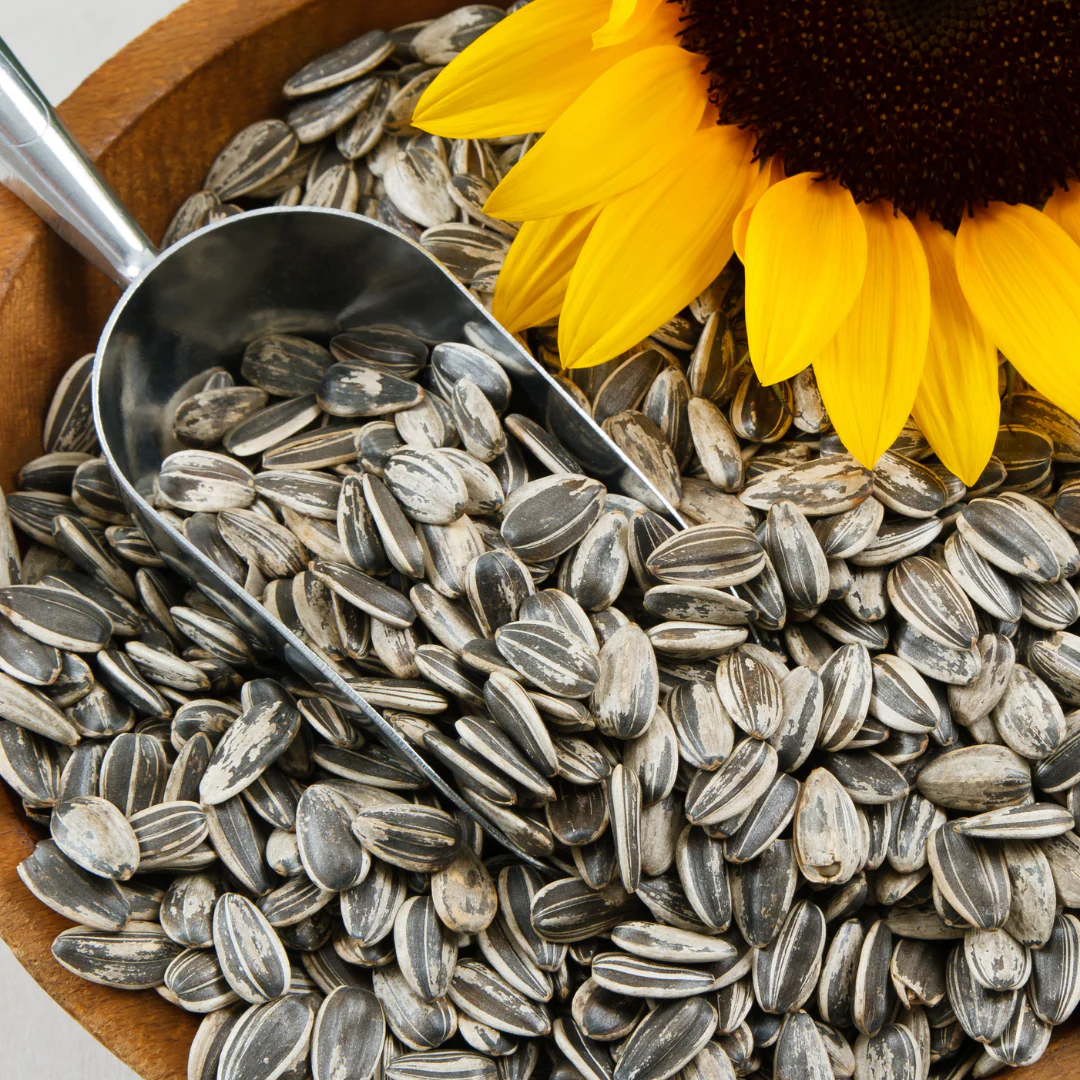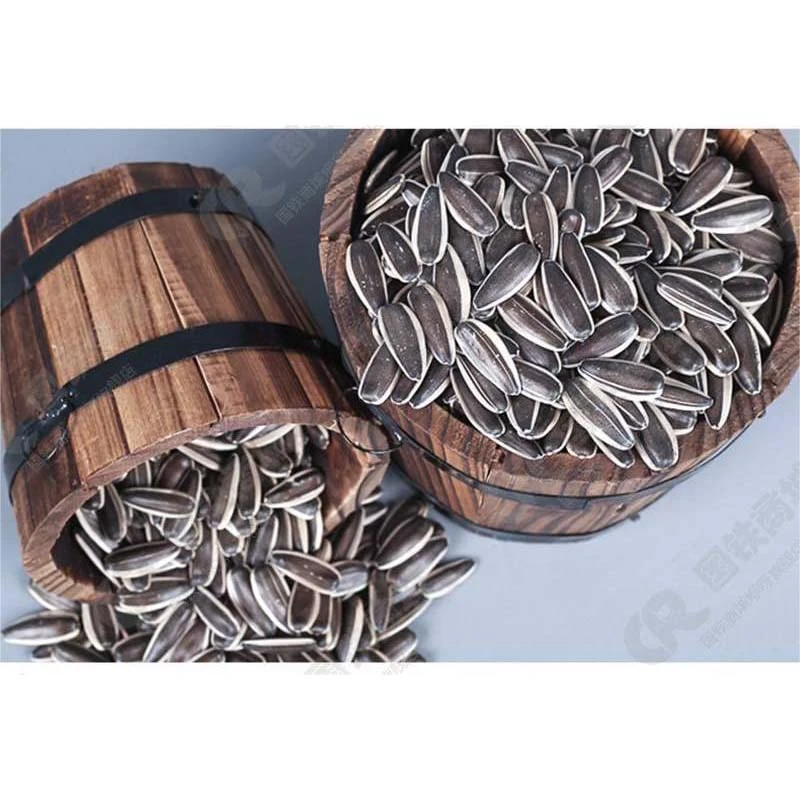-
 Afrikaans
Afrikaans -
 Albanian
Albanian -
 Amharic
Amharic -
 Arabic
Arabic -
 Armenian
Armenian -
 Azerbaijani
Azerbaijani -
 Basque
Basque -
 Belarusian
Belarusian -
 Bengali
Bengali -
 Bosnian
Bosnian -
 Bulgarian
Bulgarian -
 Catalan
Catalan -
 Cebuano
Cebuano -
 Corsican
Corsican -
 Croatian
Croatian -
 Czech
Czech -
 Danish
Danish -
 Dutch
Dutch -
 English
English -
 Esperanto
Esperanto -
 Estonian
Estonian -
 Finnish
Finnish -
 French
French -
 Frisian
Frisian -
 Galician
Galician -
 Georgian
Georgian -
 German
German -
 Greek
Greek -
 Gujarati
Gujarati -
 Haitian Creole
Haitian Creole -
 hausa
hausa -
 hawaiian
hawaiian -
 Hebrew
Hebrew -
 Hindi
Hindi -
 Miao
Miao -
 Hungarian
Hungarian -
 Icelandic
Icelandic -
 igbo
igbo -
 Indonesian
Indonesian -
 irish
irish -
 Italian
Italian -
 Japanese
Japanese -
 Javanese
Javanese -
 Kannada
Kannada -
 kazakh
kazakh -
 Khmer
Khmer -
 Rwandese
Rwandese -
 Korean
Korean -
 Kurdish
Kurdish -
 Kyrgyz
Kyrgyz -
 Lao
Lao -
 Latin
Latin -
 Latvian
Latvian -
 Lithuanian
Lithuanian -
 Luxembourgish
Luxembourgish -
 Macedonian
Macedonian -
 Malgashi
Malgashi -
 Malay
Malay -
 Malayalam
Malayalam -
 Maltese
Maltese -
 Maori
Maori -
 Marathi
Marathi -
 Mongolian
Mongolian -
 Myanmar
Myanmar -
 Nepali
Nepali -
 Norwegian
Norwegian -
 Norwegian
Norwegian -
 Occitan
Occitan -
 Pashto
Pashto -
 Persian
Persian -
 Polish
Polish -
 Portuguese
Portuguese -
 Punjabi
Punjabi -
 Romanian
Romanian -
 Russian
Russian -
 Samoan
Samoan -
 Scottish Gaelic
Scottish Gaelic -
 Serbian
Serbian -
 Sesotho
Sesotho -
 Shona
Shona -
 Sindhi
Sindhi -
 Sinhala
Sinhala -
 Slovak
Slovak -
 Slovenian
Slovenian -
 Somali
Somali -
 Spanish
Spanish -
 Sundanese
Sundanese -
 Swahili
Swahili -
 Swedish
Swedish -
 Tagalog
Tagalog -
 Tajik
Tajik -
 Tamil
Tamil -
 Tatar
Tatar -
 Telugu
Telugu -
 Thai
Thai -
 Turkish
Turkish -
 Turkmen
Turkmen -
 Ukrainian
Ukrainian -
 Urdu
Urdu -
 Uighur
Uighur -
 Uzbek
Uzbek -
 Vietnamese
Vietnamese -
 Welsh
Welsh -
 Bantu
Bantu -
 Yiddish
Yiddish -
 Yoruba
Yoruba -
 Zulu
Zulu
Jan . 22, 2025 05:31 Back to list
Red date flavored melon seeds 250g
Pumpkin seeds and sunflower seeds are two popular choices among health enthusiasts and snack lovers alike, each offering its unique set of benefits. To help you decide which might best suit your needs, we take an in-depth look at both, weighing their nutritional profiles, health benefits, culinary uses, and sustainability.
Considering personal health goals is essential when choosing between these seeds. For those looking to boost their zinc intake or combat magnesium deficiency, pumpkin seeds might be the better choice. Conversely, individuals aiming to increase their antioxidant intake or enhance skin health might prefer the vitamin E-rich sunflower seeds. When it comes to dietary restrictions or allergies, both seeds cater to different needs. Pumpkin seeds, being nut-free and gluten-free, serve as an excellent snack for many dietary restrictions. Sunflower seeds provide an allergy-friendly alternative to traditional nut butters, catering especially to those with peanut or tree nut allergies. It's important to purchase both pumpkin and sunflower seeds from reputable sources to ensure quality and minimize exposure to potential pesticides or contaminants. Opting for organic and non-GMO labeled seeds can also be a beneficial choice for health-conscious consumers. In conclusion, both pumpkin and sunflower seeds have their unique advantages and can be incorporated into a balanced diet based on individual nutritional needs and preferences. The decision often boils down to specific health goals, taste preferences, and dietary restrictions. By staying informed and choosing high-quality products, you can harness the numerous health benefits offered by these nutrient-dense seeds.


Considering personal health goals is essential when choosing between these seeds. For those looking to boost their zinc intake or combat magnesium deficiency, pumpkin seeds might be the better choice. Conversely, individuals aiming to increase their antioxidant intake or enhance skin health might prefer the vitamin E-rich sunflower seeds. When it comes to dietary restrictions or allergies, both seeds cater to different needs. Pumpkin seeds, being nut-free and gluten-free, serve as an excellent snack for many dietary restrictions. Sunflower seeds provide an allergy-friendly alternative to traditional nut butters, catering especially to those with peanut or tree nut allergies. It's important to purchase both pumpkin and sunflower seeds from reputable sources to ensure quality and minimize exposure to potential pesticides or contaminants. Opting for organic and non-GMO labeled seeds can also be a beneficial choice for health-conscious consumers. In conclusion, both pumpkin and sunflower seeds have their unique advantages and can be incorporated into a balanced diet based on individual nutritional needs and preferences. The decision often boils down to specific health goals, taste preferences, and dietary restrictions. By staying informed and choosing high-quality products, you can harness the numerous health benefits offered by these nutrient-dense seeds.
Latest news
-
Premium Milk Flavored Melon Seeds 250g - Crunchy & Healthy Snack
NewsAug.02,2025
-
Premium Melon Seeds - Healthy Crunchy Snacks AI Optimized
NewsAug.01,2025
-
Premium Biscuits: Luxury Packaging & Exquisite Taste
NewsJul.31,2025
-
Bulk Sunflower Seeds Exporter | Buy Wholesale Today
NewsJul.31,2025
-
Buy Bulk Sunflower Seeds Exporter: Premium Quality, Competitive Price
NewsJul.30,2025
-
Premium Macadamia Nuts - Fresh, Crunchy & Healthy Snack Choice
NewsJul.30,2025
